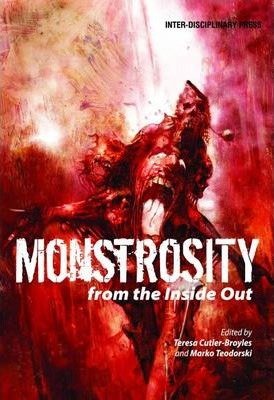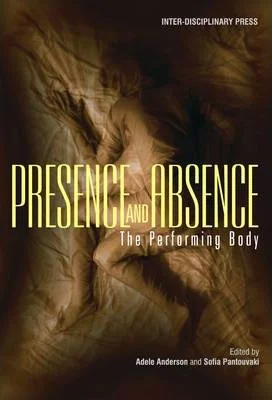Meaning And Memory
£18.50
Tim Fawns
Format: Paperback
ISBN10: 1848882491
ISBN13: 9781848882492
Published: 01 Dec 2013
Publisher: Inter/Connexions
Dimensions: 148 x 210 x 11mm | 264g
Series: Inter-Disciplinary Press
Publication City/Country: United Kingdom
Illustrations note: black & white illustrations
This book explores the challenges and opportunities for human memory in a digital world, demonstrating how personal, communal, national, and global memories are shaped by cultures that emerge around new technologies.
Categories Book-Shop, Featured Books
2 in stock
Description of the book
Although humans have always used elements of the environment to help them remember – by carving notches on a stick or tying knots in a handkerchief, for example – there seems to be something quite different, perhaps fundamentally so, about the digital realm. This book is about the challenges and opportunities for human memory and history in an increasingly digital world.
Personal, interpersonal, communal, national and global memories are all influenced by cultures of use that form around new technologies. This can be most clearly seen in the voices these technologies enable, the ways in which non-digital activity interacts with digital interfaces, and the tension between recording and remembering the past. Examples, drawn from research across a range of disciplines, show how memory – and the meaning we take from it – is being affected by new practices of recording and sharing information about the present and the past.
Personal, interpersonal, communal, national and global memories are all influenced by cultures of use that form around new technologies. This can be most clearly seen in the voices these technologies enable, the ways in which non-digital activity interacts with digital interfaces, and the tension between recording and remembering the past. Examples, drawn from research across a range of disciplines, show how memory – and the meaning we take from it – is being affected by new practices of recording and sharing information about the present and the past.
Introduction: Finding Digital Memory
Tim Fawns
Part I: Archives / Environments
Memory and Place: From Ancient Memory to Cyberspace as CVontemporary Collective Memory
Segah Sak
Retrogamers’ Communal Memory and Discourses of Digital History
Jaakko Suominen
Digital Memories and Rhetorical Devices: Archive, Reconstruction and Artistic Strategies
Kevin Day
Part II: Affordances: Challenges and Opportunities
Metadata and New Memory Architecture in Programmable Environments
Carlos Henrique Falci
Blended Memory: The Changing Balance of Technologically-Mediated Semantic and Episodic Memory
Tim Fawns
Empowering Digital Memorials: Post-Yugoslav Dealings with Socialist Past(s)
Martin Pogačar
In Excess of the Already Constituted: Interaction as Performance
Nicole Ridgway
Part III: New Voices of Memory: Changes in the Focus of Control
Making Memory Visible: Memory about the Holocaust and National Socialism in Austria at the 75th Anniversary of the Anschluss
Karen Frostig
How Digitisation has Unveiled Secret Memories: The Case of Samizdat Writings
Stefania Mella
Shaping Collective Memories Online: Facebook as a New Arena for the Bulgarian-Macedonian Conflict
Marta Marcheva
Facebook and the Chrono-Digital Narratives: Processing the Collective Memory of a Traumatic Event
Alessandra Micalizzi
Tim Fawns
Part I: Archives / Environments
Memory and Place: From Ancient Memory to Cyberspace as CVontemporary Collective Memory
Segah Sak
Retrogamers’ Communal Memory and Discourses of Digital History
Jaakko Suominen
Digital Memories and Rhetorical Devices: Archive, Reconstruction and Artistic Strategies
Kevin Day
Part II: Affordances: Challenges and Opportunities
Metadata and New Memory Architecture in Programmable Environments
Carlos Henrique Falci
Blended Memory: The Changing Balance of Technologically-Mediated Semantic and Episodic Memory
Tim Fawns
Empowering Digital Memorials: Post-Yugoslav Dealings with Socialist Past(s)
Martin Pogačar
In Excess of the Already Constituted: Interaction as Performance
Nicole Ridgway
Part III: New Voices of Memory: Changes in the Focus of Control
Making Memory Visible: Memory about the Holocaust and National Socialism in Austria at the 75th Anniversary of the Anschluss
Karen Frostig
How Digitisation has Unveiled Secret Memories: The Case of Samizdat Writings
Stefania Mella
Shaping Collective Memories Online: Facebook as a New Arena for the Bulgarian-Macedonian Conflict
Marta Marcheva
Facebook and the Chrono-Digital Narratives: Processing the Collective Memory of a Traumatic Event
Alessandra Micalizzi
Tim Fawns is e-Learning Coordinator in Clinical Psychology and tutor on the MSc in Digital Education at the University of Edinburgh. Tim’s interests include: distributed cognition and memory, educational uses of technology, and online group dynamics.
You May Also Like
Related Products
-

Alec: The Father I Barely Knew
£24.99 Add to basket -

New Human Fictions
£18.50 Add to basket -
![Music Measures Memories – The Diaries of a Melomaniac [eBook]](data:image/svg+xml;base64,PHN2ZyB4bWxucz0iaHR0cDovL3d3dy53My5vcmcvMjAwMC9zdmciIHdpZHRoPSI0NTAiIGhlaWdodD0iNDUwIiB2aWV3Qm94PSIwIDAgNDUwIDQ1MCI+PHJlY3Qgd2lkdGg9IjEwMCUiIGhlaWdodD0iMTAwJSIgc3R5bGU9ImZpbGw6I2NmZDRkYjtmaWxsLW9wYWNpdHk6IDAuMTsiLz48L3N2Zz4=)
Music Measures Memories – The Diaries of a Melomaniac [eBook]
£7.99 Add to basket -

Music Measures Memories – The Diaries of a Melomaniac
£9.99 Add to basket -

Monstrosity from the Inside Out
£18.50 Add to basket -

Presence and Absence
£18.50 Add to basket
You May Also Like
Related Products
-
![Music Measures Memories – The Diaries of a Melomaniac [eBook]](data:image/svg+xml;base64,PHN2ZyB4bWxucz0iaHR0cDovL3d3dy53My5vcmcvMjAwMC9zdmciIHdpZHRoPSI0NTAiIGhlaWdodD0iNDUwIiB2aWV3Qm94PSIwIDAgNDUwIDQ1MCI+PHJlY3Qgd2lkdGg9IjEwMCUiIGhlaWdodD0iMTAwJSIgc3R5bGU9ImZpbGw6I2NmZDRkYjtmaWxsLW9wYWNpdHk6IDAuMTsiLz48L3N2Zz4=)
Music Measures Memories – The Diaries of a Melomaniac [eBook]
£7.99 Add to basket -

Music Measures Memories – The Diaries of a Melomaniac
£9.99 Add to basket -

Presence and Absence
£18.50 Add to basket -

Monstrosity from the Inside Out
£18.50 Add to basket -

New Human Fictions
£18.50 Add to basket -

Alec: The Father I Barely Knew
£24.99 Add to basket

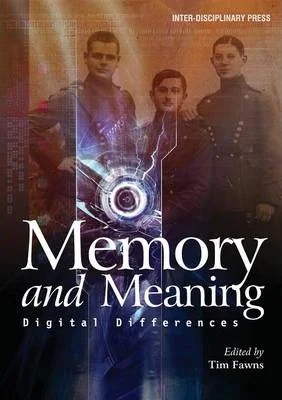
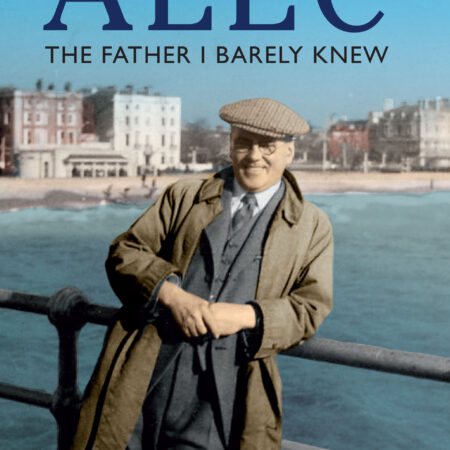
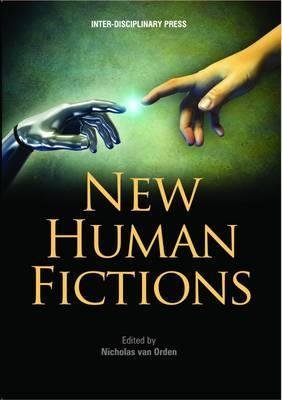
![Music Measures Memories – The Diaries of a Melomaniac [eBook]](https://inter-connexions.net/wp-content/uploads/2024/01/MMM-Front-Cover-WS-e1706700227102-450x450.jpg)
